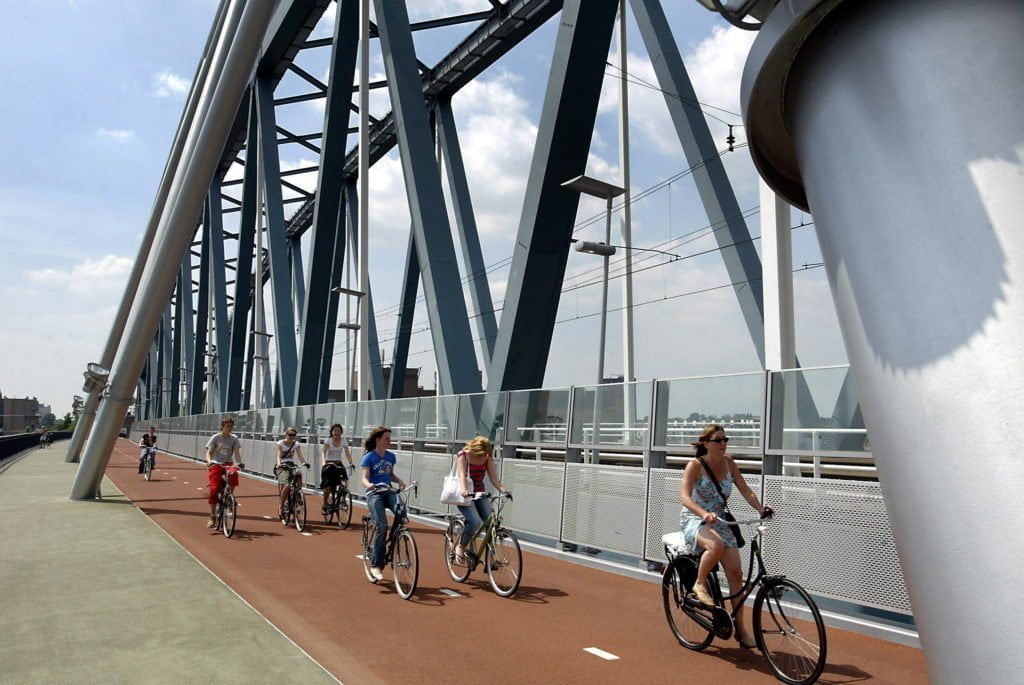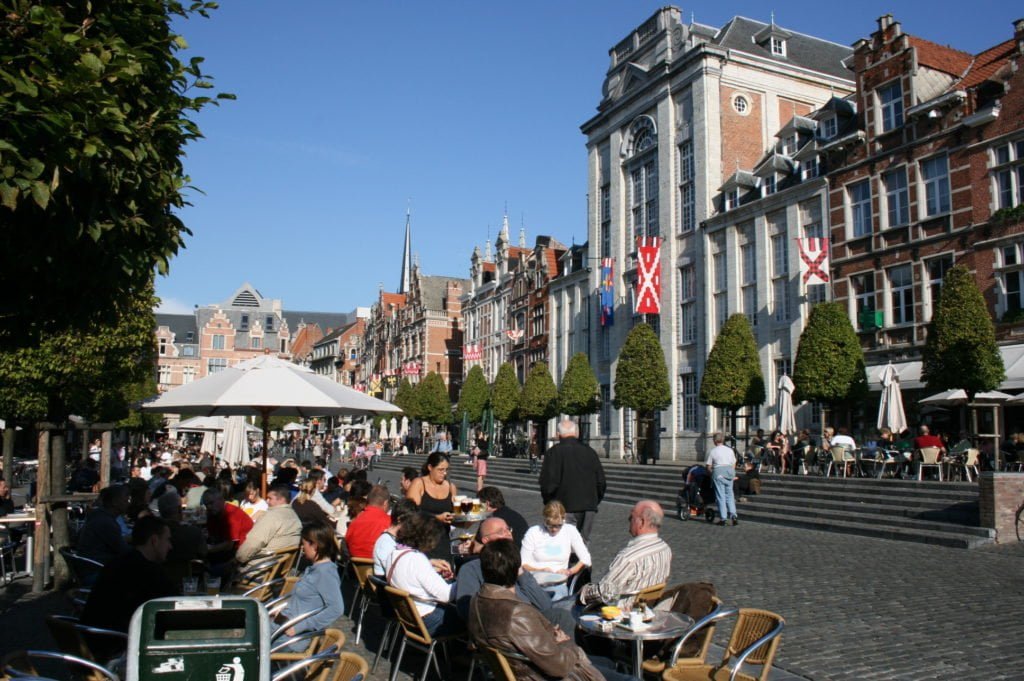eHUBS, a project for shared electric mobility, is finally in the making
Paraphrasing Harriët Tiemens, Deputy Mayor of Nijmegen, as of today it is important for both the health and the quality of life of our citizens to simultaneously promote sustainability and accessibility in transport within cities. In the face of this difficult and challenging task, electric mobility sources like eHUBS might be the best future solutions.
Indeed, e-Mobility hubs, shortly eHUBS, represent a crucial step towards the adaptation of shared and electric mobility services: as the Mayor of Kempten (Allgäu) Thomas Kiechle said, these dedicated on-street locations, where citizens can choose from different sustainable electric transport options for shared use, will provide a great opportunity to increase shared and electric mobility in a truly innovative way.
eHUBS and where to find them
eHUBS bring together e-bikes, e-cargo bikes, e-scooters and/or e-cars, offering users a wide range of options to experiment and use in various situations. The idea is to give an high-quality and diverse offer of shared electric mobility services to dissuade citizens from owning private cars, resulting in cleaner, more liveable and pleasant cities.
eHUBS can vary in size (minimalistic, light, medium, large), type of location, and type of offer. They can be small and located in residential areas, with just one or two parking spots, or bigger and positioned close to stations and major public transport interchanges, but, in the end, the key is that they should always be where supply and demand meet.

The official handover of the Subsidy Contract to Diederik Basta from the city of Amsterdam
The eHUBS project kicks off
The EU project eHUBS, co-funded by European Commission’s Interreg North-West Europe Programme, kicked off its activities at a partner meeting on the 10th of April 2019 in Lille. Partner cities from 5 countries will realize and promote eHUBS and pave the way for others to do the same. The eHUBS implementation approach will differ according to the size and needs of the respective cities.
In doing so, it will develop knowledge, best practices and a blueprint that would lead to replication of the experiences in other cities and regions, as well as a consistent reduction of air pollution, congestion and CO2 emissions in the cities and a growing market for commercial shared e-mobility providers aligned with local policy goals.
eHUBS partners are ready
To find innovative solutions to the challenges of slow user adoption and scalability, eHUBS draws on a wide range of multidisciplinary expertise. The 15-partner consortium, led by the City of Amsterdam, will run until 2021 and is composed of European cities, international organisations, shared e-mobility service providers, and universities.
The list of partners is, as following: City of Amsterdam, POLIS Network, Taxistop asbl, Autodelen.net, Bayern Innovativ, Cargoroo, URBEE, Arnhem-Nijmegen, Transport for Greater Manchester, City of Leuven, TU Delft, Newcastle University, City of Dreux, City of Kempten (Allgäu), University of Antwerp.
Want to know more about eHUBS?
More information
Please visit the eHUBS website
Contact
Piero Valmassoi, eHUBS Communication Team




